Features

Trump Quits the Paris Agreement: The Consequences
Experts say that while Trump's decision will significantly impact global climate action, it won't derail it since the clean energy transition is already underway. The economic reasoning behind it is too strong to ignore. However, other nations must unite and increase their efforts to protect the most vulnerable.
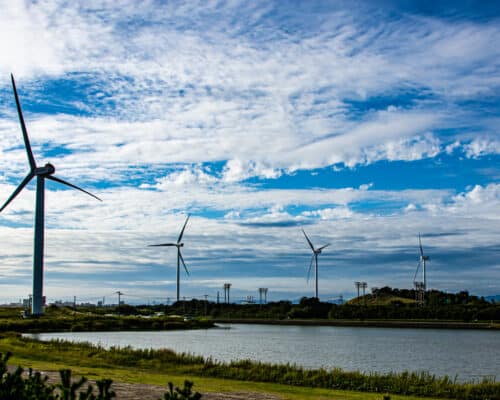
Japan’s Offshore Wind Potential
Japan needs to boost offshore wind power generation to meet decarbonisation goals, as current targets of 10 GW by 2030 and 45 GW by 2040 are deemed insufficient. With significant offshore wind potential, experts call for more ambitious goals and better policies to enhance investment and reduce reliance on fossil fuels.
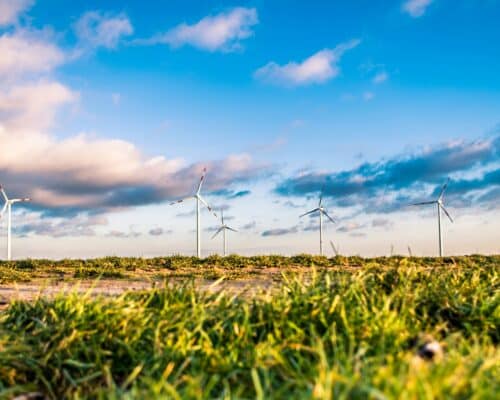
APAC Stakeholders Must Accelerate Renewable Energy Adoption
As the climate crisis escalates, accelerating the fossil fuel phaseout and scaling up renewable energy...

Japan-influenced Strategies Trap Asian Nations in Fossil Fuels
Japan's significant investments in fossil fuels are shaping energy policies in South and Southeast Asian nations, leading to increased reliance on non-renewable resources in the region.
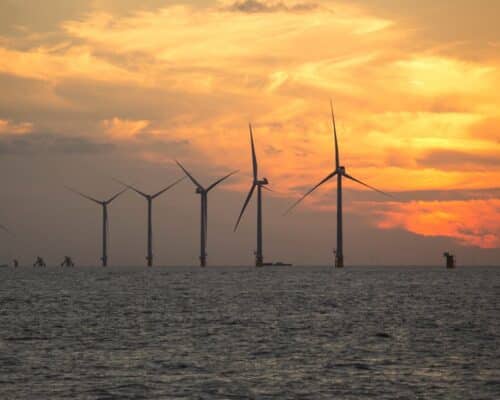
2025 Renewable Energy Trends in the Asia Pacific Region
Aside from leading the world in solar PV and onshore wind deployment, the Asia-Pacific region, led by China, will also accelerate the deployment and further increase innovations in alternative clean energy technologies such as offshore wind, floating solar and green hydrogen.
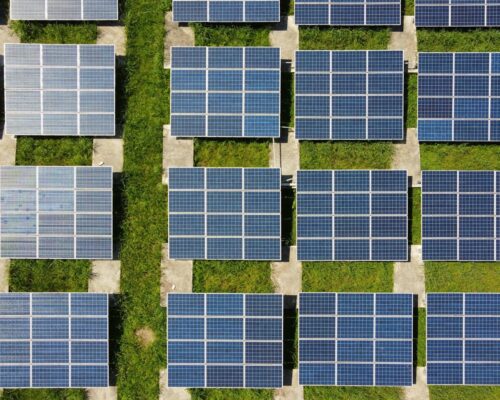
Energy Transition in Asia-Pacific: Opportunities in 2025
APAC’s booming economy, population and energy demand make the pace of its clean energy transition crucial for global efforts to slash carbon emissions in line with the Paris Agreement. The 2025 NDC updates and the ambition demonstrated by APAC countries will be among the most crucial developments this year.

New Climate Finance Goal A Boon for Indonesia, But Much Work Remains
At COP29 in Baku, countries agreed on global carbon market standards and a new climate finance goal (NCQG) of USD 300 billion annually by 2035, offering opportunities for Indonesia’s energy transition. While President Prabowo Subianto has pledged ambitious renewable energy targets and a coal phase-down, challenges such as record coal production, inefficiencies in the carbon market and unclear climate finance structures persist. To fully benefit from COP29 outcomes, Indonesia must advance energy reforms, address data gaps, and align its policies with international climate goals.

To Phase Out Coal by 2040, Indonesia Should Address Captive Coal and Scale Up Renewables
Indonesia is starting to show ambition in accelerating its energy transition, including by aiming to phase out coal by 2040 and scaling up renewables. However, analysts say that succeeding requires addressing captive coal use and increasing solar and battery storage deployment.
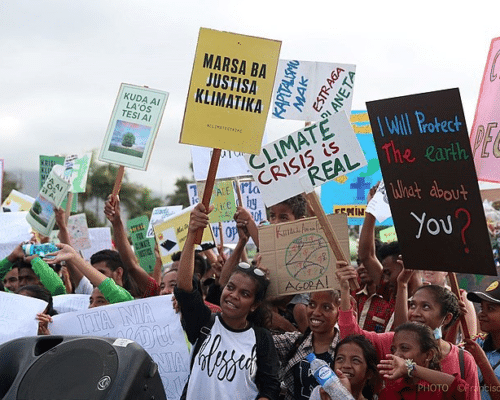
Asia and Japan’s Energy Transition Not on Path to Net Zero
Asia must urgently decarbonise, but reliance on fossil fuel-based technologies like LNG and CCS, led by Japan, is stalling progress. Prioritising wind, solar and science-based policies is crucial in driving the region’s energy transition and tackling the climate crisis.
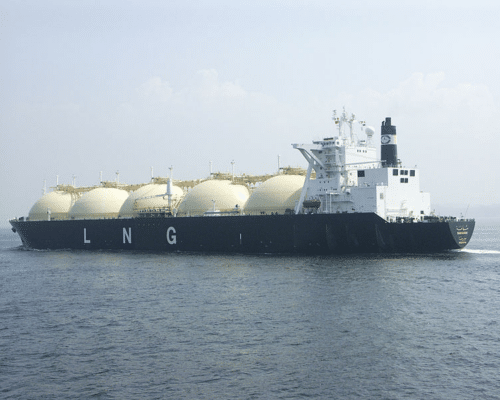
Fossil Fuel Projects Cost More Than Expanding Renewables, Analysts Say
Solar, wind and geothermal energy offer cheaper, faster-to-deploy and socially responsible solutions for the future of energy. Yet in Asia, these clear advantages are overshadowed by the Asia Zero Emission Community (AZEC), where Japan advocates for a future that keeps fossil fuels in play under the guise of green innovation.

How AZEC and Japan Are Pushing Fossil Fuel-based Solutions in Asia
The Asia Zero Emission Community (AZEC), launched by Japan in 2023 to promote regional decarbonisation, has drawn criticism for prioritising fossil fuel-based technologies like LNG, ammonia co-firing, and carbon capture over renewables such as wind and solar. Experts argue that these "false solutions" perpetuate fossil fuel dependency, risk derailing emissions targets and harm frontline communities while offering limited decarbonisation potential.
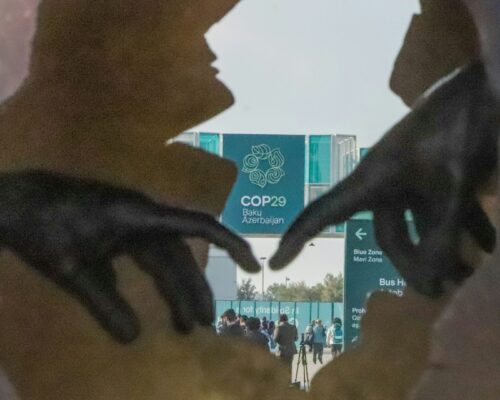
COP29 Inaugural Digitalisation Day: Charting a New Course
The COP29 Digitalisation Day explored the links between the digital sector and climate change, highlighting the opportunities and risks within their relationship. While parties laid a good foundation for future progress through their ambitious pledges, it is now crucial to build on them.

The COP29 Energy Day: Key Pledges and Highlights
Despite some positive announcements on energy storage and grids, COP29 is shaping up to be yet another conference where the vested interests of the fossil fuel industry would decide the outcome. While there is still time for major developments, the ambition seems to be lacking.
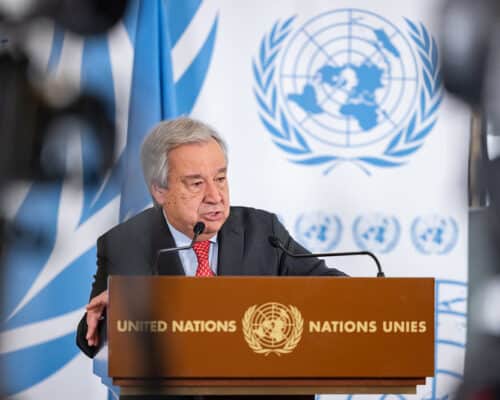
What Is at Stake at the COP29 Climate Finance Negotiations?
Dubbed the "Finance COP," COP29 will focus on closing the gap in global climate funding. Tackling climate change, adapting to its impacts and addressing related damages require substantial financial resources. While global climate investments have risen, much more is needed, especially to support developing economies and the world's least-developed countries.
Most Popular
Categories
-
10
-
35
-
126
-
4
-
17
-
46
-
52
-
11
-
10
-
15
-
24
-
6
-
1
-
5
-
6
-
285
-
200
-
17
-
24
-
1
-
1
-
23
-
41
-
44
-
88
-
18
-
86
-
41
-
17
-
11
-
43
-
54
-
86
-
299
-
22
-
44
-
36
-
11
-
42
-
36

